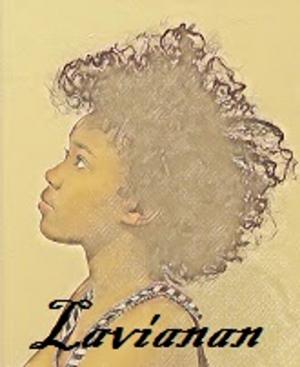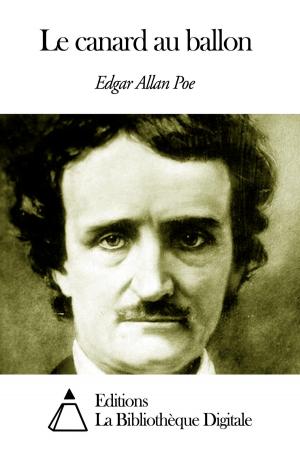| Author: | Jacqueline Osherow | ISBN: | 9780802196736 |
| Publisher: | Grove/Atlantic, Inc. | Publication: | December 1, 2007 |
| Imprint: | Grove Press | Language: | English |
| Author: | Jacqueline Osherow |
| ISBN: | 9780802196736 |
| Publisher: | Grove/Atlantic, Inc. |
| Publication: | December 1, 2007 |
| Imprint: | Grove Press |
| Language: | English |
In With a Moon in Transit, Jacqueline Osherow has given us her most accomplished poetry to date. Integrating the strengths of her earlier work-humor, honesty, artifice, testimony-into compelling poems of great vigor and charm, she combines the often antithetical impulses of lyric and narrative verse. The result is an aesthetic largely her own, one that permits Osherow to treat emotionally charged events and elaborate ideas with remarkable control. Osherow's observations are by turns gossipy, grand, sober, and hilarious. She sustains a disarming tone and manages to assimilate elements of both high and popular culture without apparent strain. While firmly rooted in the Hebrew Bible, her verse is also informed by authors as various as Dante and Dickinson. Yet for all that these poems are alive to the literary past, they remain sensitive to the rhythms of conversation and the tones of everyday speech. Osherow's poems are composed with great clarity and rigor, but they never cease to sound casually spoken.
In With a Moon in Transit, Jacqueline Osherow has given us her most accomplished poetry to date. Integrating the strengths of her earlier work-humor, honesty, artifice, testimony-into compelling poems of great vigor and charm, she combines the often antithetical impulses of lyric and narrative verse. The result is an aesthetic largely her own, one that permits Osherow to treat emotionally charged events and elaborate ideas with remarkable control. Osherow's observations are by turns gossipy, grand, sober, and hilarious. She sustains a disarming tone and manages to assimilate elements of both high and popular culture without apparent strain. While firmly rooted in the Hebrew Bible, her verse is also informed by authors as various as Dante and Dickinson. Yet for all that these poems are alive to the literary past, they remain sensitive to the rhythms of conversation and the tones of everyday speech. Osherow's poems are composed with great clarity and rigor, but they never cease to sound casually spoken.















